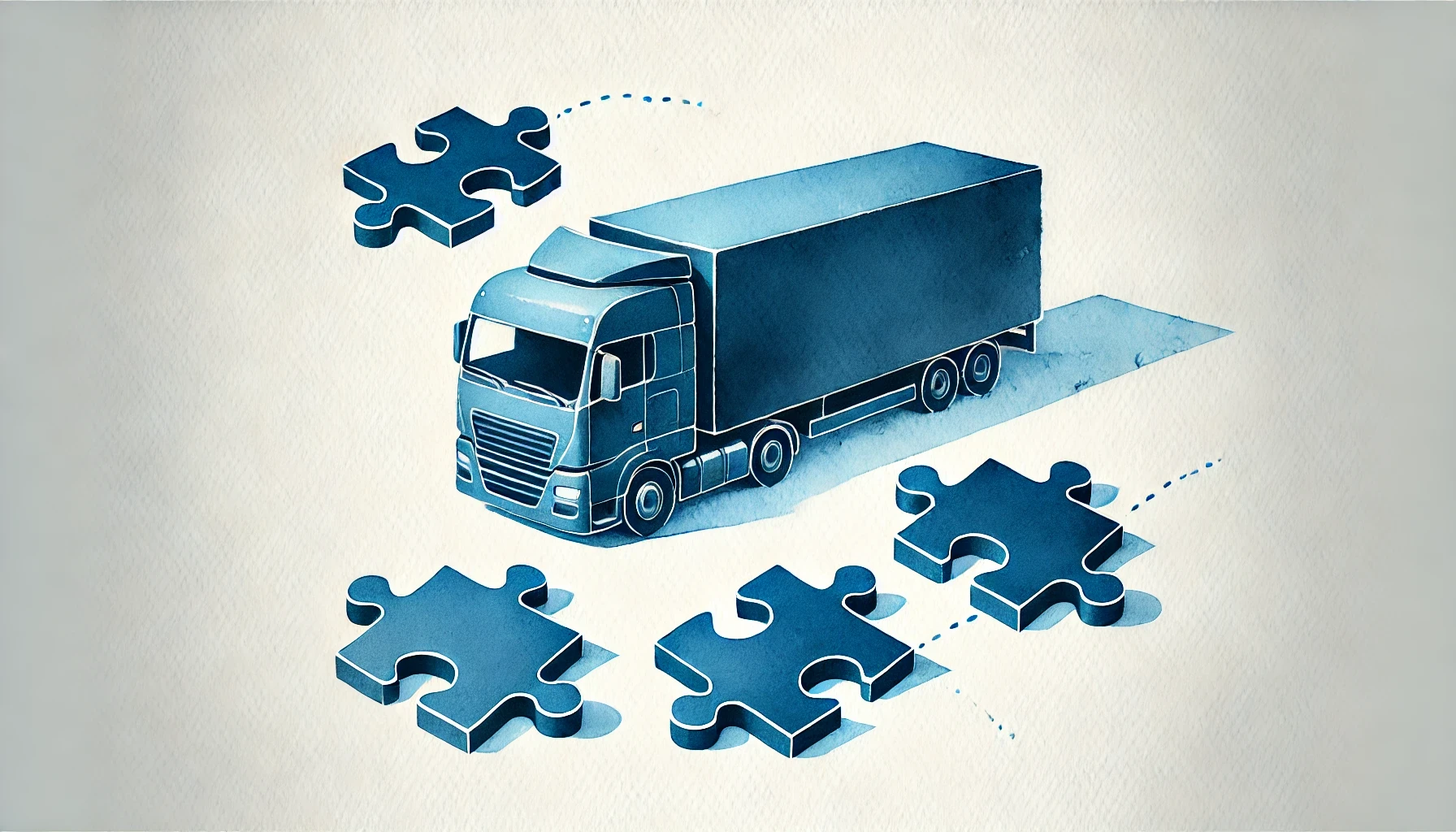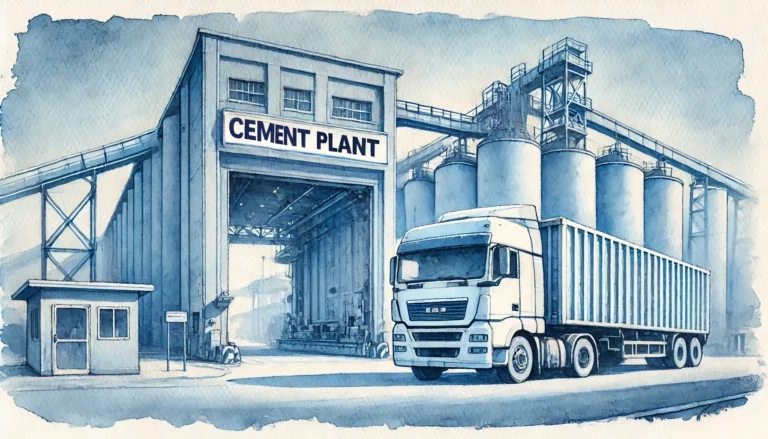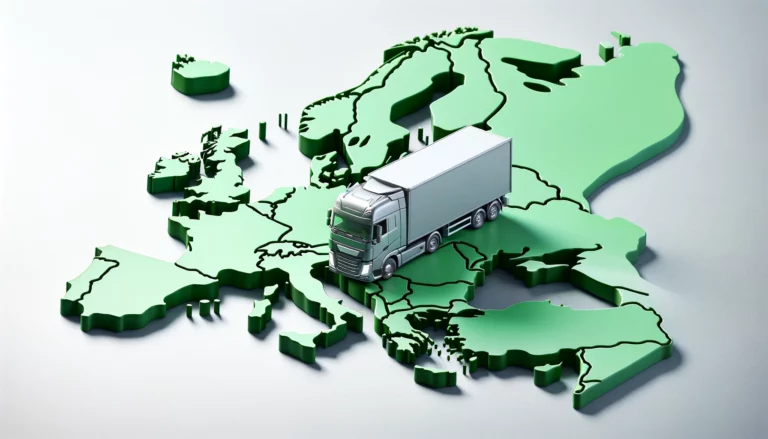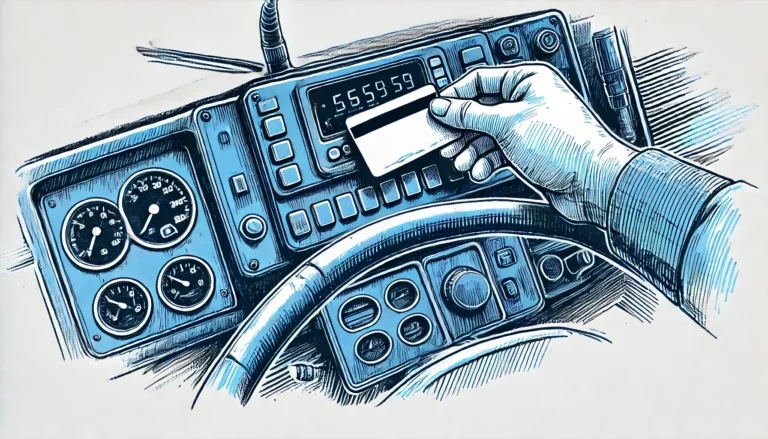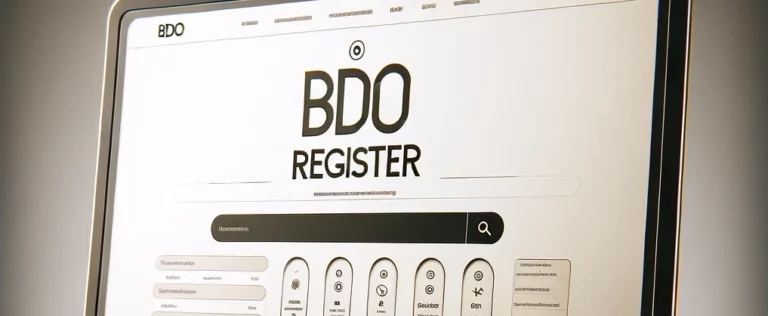Subcontracting in waste transport: responsibilities and boundaries
The transport of waste in Europe is tightly regulated and legally sensitive. As waste crosses borders or moves domestically, several entities become involved—each with obligations and potential liabilities. In subcontracting scenarios, confusion about who is responsible can lead to serious legal consequences. This article explores key roles, legal boundaries, risks, and best practices to ensure compliance and transparency in waste transport operations.
Do you need help with waste transport?
Call us: +48 519 516 869 or write us an E-mail dispo@wastetransportsolutions.eu
Key players in waste transport: roles and responsibilities
Transporting waste involves various stakeholders, each bringing specific duties and accountabilities. Understanding their roles helps minimize miscommunication and ensures regulatory compliance.
1. Waste carrier (transport company)
- Ensures required permits, transport documents, and waste classifications are correct and accessible.
- Uses properly marked vehicles suitable for the declared waste type.
- Notifies authorities before, during, or after transport, depending on regulations.
- Reports to systems like Polish SENT for cross-border movements.
2. Spediteur (freight forwarder)
- Manages the entire transport chain.
- Verifies subcontractors’ permits.
- Ensures clear communication among all parties.
- Reflects legal duties and liabilities clearly in contracts.
3. Broker
- Connects producers with licensed handlers.
- Must be registered or licensed.
- Confirms receivers’ licenses.
- Legally responsible if waste is mismanaged.
4. Waste holder (producer)
- Correctly classifies waste per the European Waste Catalogue.
- Selects an authorized transporter.
- Provides all necessary documentation.
- Remains liable if mishandling occurs.
Each participant is essential to lawful and efficient waste transport. Lapses at any point can trigger enforcement actions.
Legal framework governing waste transport
The core regulation is Regulation (EC) No 1013/2006, governing waste shipments across borders. It mandates traceability, prior notification, and consent procedures to prevent illegal movement of waste. Aligned with the Basel Convention, it protects both the environment and public health. Though partially still in effect, it’ll be soon replaced.
Additionally, Directive 2008/98/EC (also known as Waste Framework Directive) extends producer responsibility and outlines waste hierarchy principles. It obligates Member States to maintain permit systems and tracking measures.
However, grey areas exist. In subcontracting, brokers may misclassify waste, or forwarders may neglect permit verification to reduce costs. These gaps invite exploitation and pose environmental risks. Understanding EU rules helps prevent legal ambiguity and enforces accountability among all stakeholders.
Common pitfalls in subcontracting agreements
Subcontracting streamlines logistics but also increases legal risk. Common pitfalls include:
- Contracts lacking clarity on duties (e.g., who provides documentation or ensures vehicle compliance) create confusion.
- Spediteurs may fail to verify subcontractors’ authorizations. Even a missing EWC code can lead to serious fines.
- Vague clauses allow parties to dodge accountability during violations.
- Missing handover records between carriers or stages disrupt legal continuity.
Case study: the German carrier and the “neutral goods” trap
In early 2024, a German transport company contacted us after receiving a last-minute subcontracting offer from a forwarding agent to transport goods from Germany to Poland. The contract stated only that the shipment involved “neutral goods”. No waste codes were listed, and there was no mention that the goods were actually baled plastic waste—a material requiring waste transport authorization and proper documentation.
What raised a red flag for the carrier was the explicit contract clause declaring that “no permits are necessary for the transportation”. The driver, upon seeing the load at pickup, immediately recognized the baled plastics and alerted his supervisor. Concerned about potential non-compliance, the transport company reached out to us.
We conducted an urgent review of the contract and uncovered several serious flaws:
- No mention of the true nature of the cargo, thus concealing the waste status of the material.
- Omission of any applicable EWC codes, necessary under EU waste transport law.
- Vague language on the driver’s responsibilities, including a clause stating the carrier would handle any “neutralisation” needed at the destination—a highly suspicious term in waste logistics.
- Ambiguous liability wording, suggesting the carrier might be responsible for any legal fallout, despite being kept in the dark.
This case presented a classic example of how freight forwarders may intentionally obscure cargo identity to bypass permits and reduce costs, shifting the risk onto unsuspecting subcontractors.
Our solution:
- We advised the carrier not to proceed with the transport under the current agreement.
- We drafted a response requesting clarification of cargo classification, a corrected contract including EWC codes, and a copy of the sender’s and receiver’s permits.
- We also provided legal wording to be used in future subcontracting agreements, ensuring responsibility is clearly assigned and cargo transparency is non-negotiable.
Outcome: The forwarding company withdrew the offer, likely aware that their misclassification tactics had been exposed. The carrier avoided a potentially devastating fine and preserved its compliance track record.
This case underscores the importance of scrutinizing contracts and recognizing red flags. With our help, transporters can defend themselves against legal traps masked as innocent freight jobs.
Penalties for non-compliance across Europe
- Germany: Under KrWG, unauthorized transport may incur fines up to €100,000, with criminal charges for hazardous waste.
- France: Articles L541-46 and L541-3 of the Environmental Code impose €75,000 fines and up to 2 years’ imprisonment for undocumented or illegal transport.
- Italy: Legislative Decree 152/2006 penalizes permit violations with €2,600 to €26,000 fines and possible imprisonment.
- Poland: The Waste Act (2012) enforces fines between PLN 10,000 and 1,000,000, including vehicle seizure for repeated infractions.
- These penalties apply even to subcontractors unaware of non-compliance, highlighting the need for proactive verification and documentation.
Best practices to minimize legal risks
Following best practices helps mitigate risk:
- Always confirm all involved parties’ licenses, waste codes, and compliance with national databases. Missing this step can invalidate the entire transport.
- Specify who does what. Identify responsibility for permits, documentation, and legal compliance. Ambiguity fuels disputes and penalties.
- GPS tracking helps manage delays and detect suspicious route changes. Transparency deters misconduct.
- EU waste transport law is intricate. Consultants experienced in multi-country regulations tailor advice to each route and shipment.
Adopting these measures builds a compliance culture and reassures clients and regulators.
Why work with Waste Transport Solutions?
Waste Transport Solutions isn’t just a consultancy—it’s a strategic partner. We guide producers, brokers, and transporters through regulatory complexity, ensuring every shipment is legal, safe, and efficient.
From contract review to permit acquisition, our services cover every facet of EU waste transport law. We reduce legal exposure and support transparent, reliable operations.
Partner with us to stay compliant and grow sustainably in the demanding waste transport industry.

